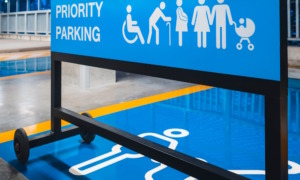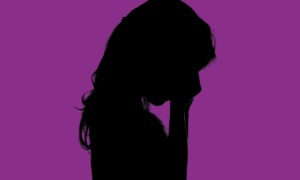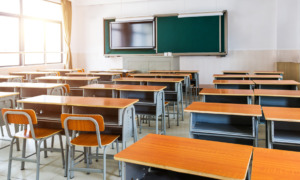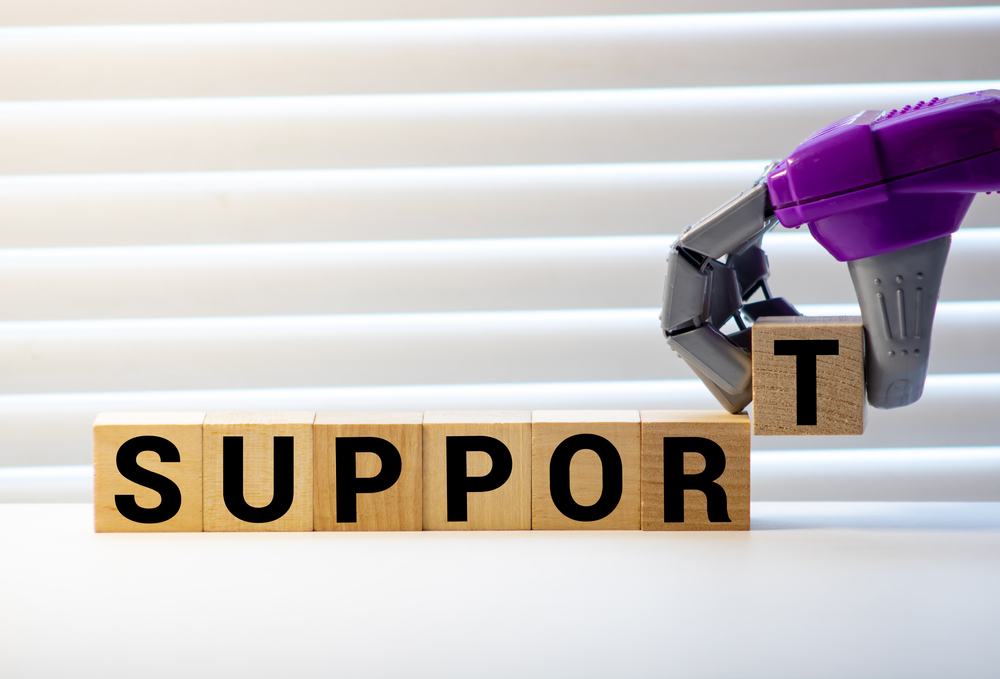
Zolak/Shutterstock
.
Through my work with the disabled community, I have found that many feel it is of the utmost importance to achieve a level of independence. Whether it is living on their own or simply cooking a meal for themselves, they want to be self-sufficient. At this time, with a global pandemic happening, I wondered how youth with disabilities can be better prepared if something like this were to happen again in the future.
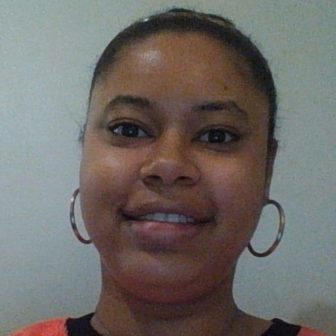
Deandra Mouzon
Throughout this pandemic, I have heard stories of people with disabilities going without care and not having access to the medical equipment they need. These types of challenges pose a unique threat to people who are more vulnerable to the disease and already face discrimination within the health care system. So with this information, how can we, as a country, be better prepared if a crisis like this happens again?
Jessica Ping-Wild, who is 23 and lives in Pontiac, Ill., feels that young people with disabilities are going to have to be more vocal and advocate for themselves to be more prepared for future crises. “My best advice for young people with disabilities moving forward is to be outspoken. Talk about your rights too much, because too much doesn’t exist. Get people on your side, even if it’s just your mom and dad,” she said.
Ping-Wild lives with CHILD Syndrome, a rare condition that can affect the skin, limb and organs on one side of the body and requires her to use a prosthetic or a wheelchair. She runs the blog therollingexplorer.com, which she started last year in the hope of educating able-bodied people about societal ableism. Since the start of the pandemic, she has witnessed how the internet has been both beneficial and detrimental to people with disabilities.

Jessica Ping-Wild
“Ableism, or the discrimination of disabled individuals, was a major issue before the coronavirus pandemic arrived on the scene, but recently, the blatant commentary and actions of discriminatory able-bodied individuals has ramped up ten-fold,” she said. “For many people with disabilities, myself included, social media provides a source of human connection. Now, it’s almost impossible to open up Facebook without seeing something like ‘sacrifice the weak’ plastered across your feed. Seeing people think so little about you and your right to life can be exhausting, and for many, severely harmful.”
Camay Crown is a travel nurse who works in the cardiac catheterization labs of different hospitals. Camay and her husband Keath are the guardians of her brother-in-law, David, who suffers from a brain injury he got as a child. She said that quarantine may be especially hard for young people with disabilities who depend on special programs for social interaction.
“Some youth with disabilities have a hard time ‘fitting in,’ and during this time their normal social events and activities are not available,” she said. “Some may not even comprehend why. I believe this has also been challenging for the caregivers who may typically have brief respite from care.”
Crown, who lives in Marietta, Ga., said incorporating virtual interactions into the everyday lives of young people with disabilities could make the adjustment to social distancing easier in the future.
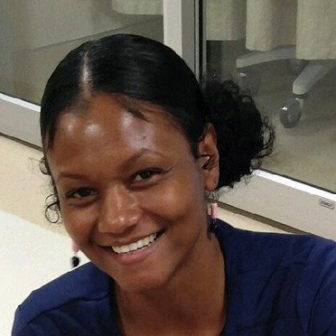
Camay Crown
“Studies have shown that virtual platforms can be a level playing field for people with disabilities due to the technological advancements in accessibility tools,” she said. “You can interact virtually with people with disabilities and not even know there is a mental or physical limitation. If these things are set up and incorporated into our ‘new normal’ it may be an easier adjustment should something like this happen again.”
With COVID-19 most of us were caught off guard, and really had no idea how to handle the changes and challenges to our daily lives. Young people with disabilities, being even more susceptible to the disease, have had to make adjustments that could hinder their progress and interrupt their sense of stability. Going forward, I think we must remember how important it is to use our voices and tools to plan for future crises and use this one as a learning curve.
If you would like to contribute to this column and share your story about life during quarantine with a disabled youth, email me at Deandra@csjournalism.org.
Deandra Mouzon is a Georgia-based journalist who received a B.A. in journalism from CUNY’s York College. Currently she is working on a publication about youth with disabilities.


